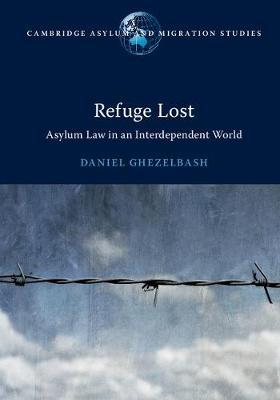In an interview with Guardian Australia, Home Affairs Minister Peter Dutton has voiced his opinion that ‘like-minded nations’ should consider a revision of the 1951 Convention Relating to the Status of Refugees (“the Convention”). The objective of such a revision would be (though he has not explicitly said so) to degrade the non-refoulement obligation, which provides that States cannot expel or return (“refouler”) a refugee in any manner whatsoever to the frontiers of territories where his life or freedom would be threatened on account of his race, religion, nationality, membership of a particular social group or political opinion. It is the cornerstone to refugee protection and the subject of the vast majority of refugee-related litigation globally.

